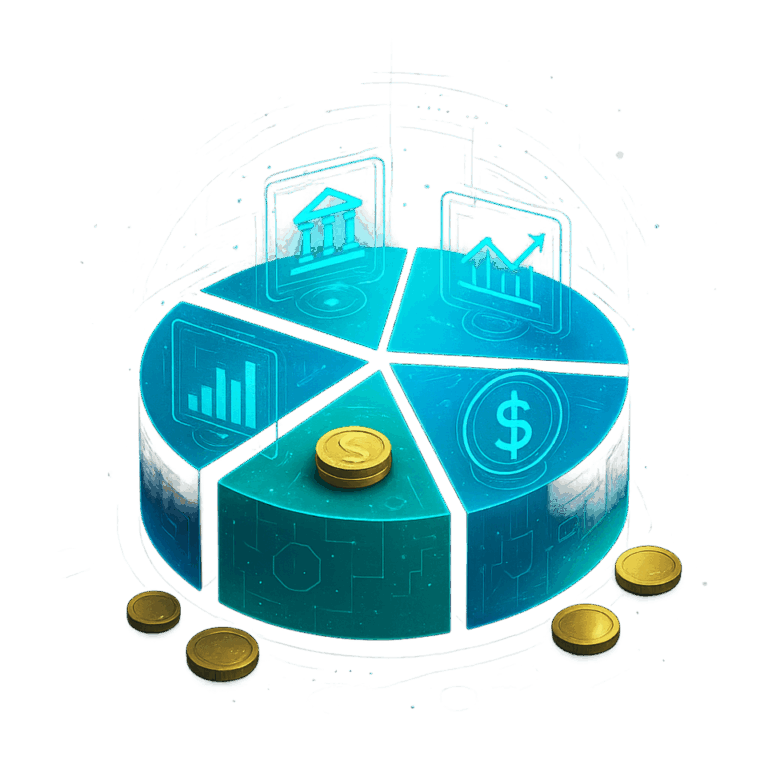Inflation is one of the most influential forces in economics and personal finance. It represents the general increase in prices over time, reducing the purchasing power of money. While moderate inflation is a natural part of growing economies, high or persistent inflation can disrupt financial planning, impact savings, and change the way households and businesses make decisions. Understanding inflation and its relationship with personal finance is essential for anyone aiming to preserve wealth, protect savings, and build a secure financial future.
What Is Inflation
Inflation occurs when the average price of goods and services in an economy rises over time. It is typically measured by indexes such as the Consumer Price Index (CPI), which tracks the cost of everyday items including food, housing, healthcare, and transportation. While small levels of inflation can encourage economic growth by stimulating spending and investment, excessive inflation erodes purchasing power and creates uncertainty for households and businesses. On the opposite end, deflation—or falling prices—can also harm economies by discouraging spending and investment.
Causes of Inflation
Inflation can result from multiple factors. Demand-pull inflation happens when consumer demand exceeds supply, pushing prices higher. Cost-push inflation arises when production costs increase, such as rising wages or raw material prices, which are then passed on to consumers. Monetary inflation occurs when an economy experiences an excessive increase in the money supply, often linked to central bank policies. Global events, such as supply chain disruptions or geopolitical conflicts, can also drive inflation by creating shortages and uncertainty.
How Inflation Impacts Personal Finance
Inflation affects nearly every aspect of personal finance. Savings held in cash or low-interest accounts lose value over time as prices rise faster than returns. Fixed incomes, such as pensions or certain bonds, may no longer cover living expenses if inflation remains high. Everyday costs, including groceries, utilities, and healthcare, increase steadily, forcing households to adjust their budgets. Inflation also impacts borrowing and lending, as central banks often raise interest rates to control rising prices, making loans and mortgages more expensive.
Inflation and Investing
For investors, inflation poses both risks and opportunities. Equities, or stocks, can provide some protection since companies may pass higher costs onto consumers, preserving profits in the long run. Real assets such as real estate and commodities, including gold and oil, are often viewed as hedges against inflation because their value tends to rise when prices increase. On the other hand, fixed-income investments like traditional bonds may struggle during inflationary periods, as their returns may not keep pace with rising costs. Diversification and long-term planning remain essential to navigate inflationary environments effectively.
The Role of Central Banks
Central banks play a crucial role in managing inflation. Through monetary policies, they adjust interest rates and control money supply to keep inflation at manageable levels. For example, when inflation rises too quickly, central banks may increase interest rates to slow borrowing and spending, helping stabilize prices. Conversely, in periods of low inflation or deflation, they may lower rates or inject liquidity into the economy to encourage growth. These policies directly influence financial markets, lending conditions, and individual financial planning.
Inflation and Retirement Planning
Inflation is especially significant in retirement planning. Since retirement often spans decades, the value of savings must grow faster than inflation to maintain purchasing power. Retirement accounts invested in a mix of equities, inflation-protected securities, and diversified assets help mitigate the risk. Without proper planning, inflation can reduce the real value of pensions and fixed incomes, leaving retirees vulnerable to rising costs. This highlights why inflation should be a key consideration in any long-term financial strategy.
Conclusion
Inflation is an unavoidable part of economic life, but its impact on personal finance can be managed with knowledge and preparation. By understanding its causes and effects, individuals can make informed decisions about saving, investing, and retirement planning. While inflation reduces purchasing power and creates financial challenges, it also reinforces the importance of diversification, disciplined planning, and adaptability. For anyone focused on long-term financial security, incorporating inflation into financial strategies is essential to building and preserving wealth over time.



